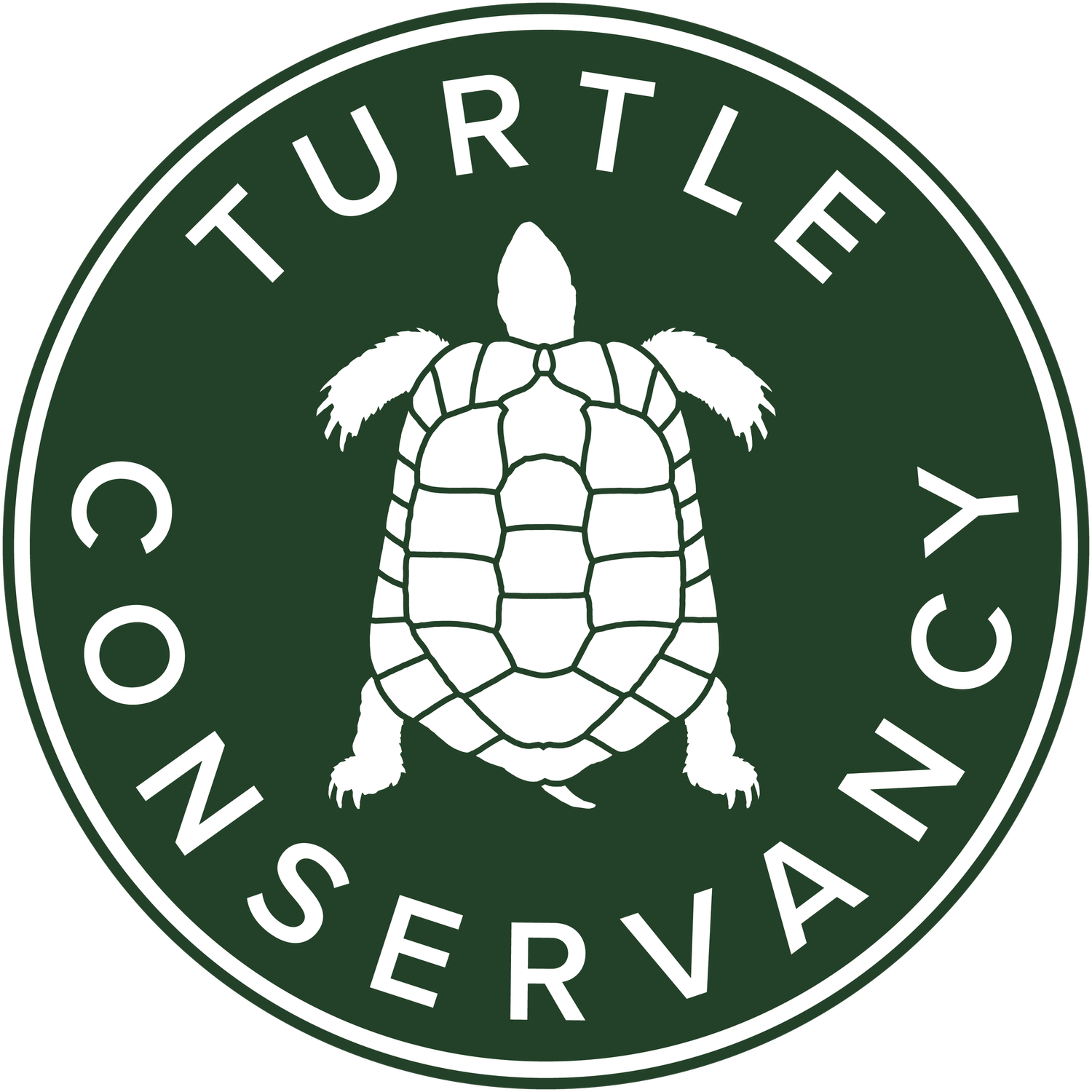Douglas Tompkins at his home in Pumalin Park in Chile in 2005. Scott Dalton for The New York Times
It is with heavy hearts that we share the devastating news that one of our conservation heroes, Douglas Tompkins, the world-renowned conservationist and co-founder of The North Face and Esprit, died last week after a tragic kayaking accident on General Carrera Lake in his beloved Patagonia, Chile. He was 72. With Tompkins on the kayaking expedition were five other people, including Rick Ridgeway, a board member of the Turtle Conservancy and staunch supporter of global turtle conservation efforts, and Yvon Chouinard, founder of the clothing company Patagonia.
Rick Ridgeway, a long-time executive at Patagonia, barely survived the accident, but we’re so grateful that he and the others made it. Ridgeway was a close friend of Tompkins and a fellow mountaineer and explorer. Together they reached the summits of some of the world’s highest and most challenging peaks. They also shared a fierce passion for conservation and the staunch conviction that corporate influence and support should be used to help preserve our planet and its biodiversity, especially through land acquisition.
Tompkins leaves behind one of the greatest conservation legacies of our time. During the last quarter century, he has used his vast personal wealth to buy more than 2 million acres of wilderness in Chile and Argentina, more than any other private individual in that region, making him one of the largest landowners in the world. He converted all of the land he purchased through his conservation organizations into nature sanctuaries that are open to the public but with very strict limits on use. Together with his wife Kris, Tompkins not only lived in Chile and Argentina, he devoted his life to park creation, wildlife recovery, ecological agriculture, and activism with the goal of protecting and saving the rich biodiversity native to these regions.
The following are a few of his many conservation achievements:
- Pumalín Park, located in the Palena Province of Chile, is one of the world’s largest private parks. It protects 715,000 acres of rainforest that stretches from the Pacific Ocean to the Andes Mountains. It is named in honor of the pumas that roam the park’s forests.
- The 726,000-acre Corcovado National Park, located just south of Pumalín, was established to save native forest from logging. Tompkins spearheaded this effort in collaboration with the Chilean government.
- The Iberá Wetlands project in northeastern Argentina is one of his latest efforts through his foundation, Conservation Land Trust, in partnership with George Soros, Harvard University. To date they have acquired 370,000 acres of old ranchlands bordering the already existing 1,366,000-acre Iberá Natural Reserve. The goal is to donate these ranchlands to the Argentine government and combine them with the reserve to create a new park called the Great Iberá Park. It will be the largest national park in Argentina.
- The Impenetrable National Park project will establish a new protected area of approximately 370,000 acres of prime wildlife habitat in Chaco Province, Argentina. Deforestation in the Chaco due to agriculture amounts to an average of 790,000 acres per year. This preserve would benefit the vulnerable Chaco Tortoise greatly.
We at the Turtle Conservancy are so saddened by this loss and send our deepest condolences and thoughts to the Tompkins family as they go through this difficult time.
In closing, a few words of inspiration from an inspiring man. May we all follow in Tompkins’s footsteps and carry on his legacy for future generations:
“We are the first generation in 100,000 generations of human evolution to have our lives shaped not by nature but by an electronic mass media environment of our own making. Like caged animals, we have lost our bearings. Our attention spans are flickering to zero, our imaginations are giving out, and we are unable to remember the past.”
“Like many thinking people, we see biodiversity and ecosystems collapsing around us. So we’ve rolled up our sleeves and gotten to work. We have no choice: otherwise, we might as well kiss our beautiful planet goodbye.”

